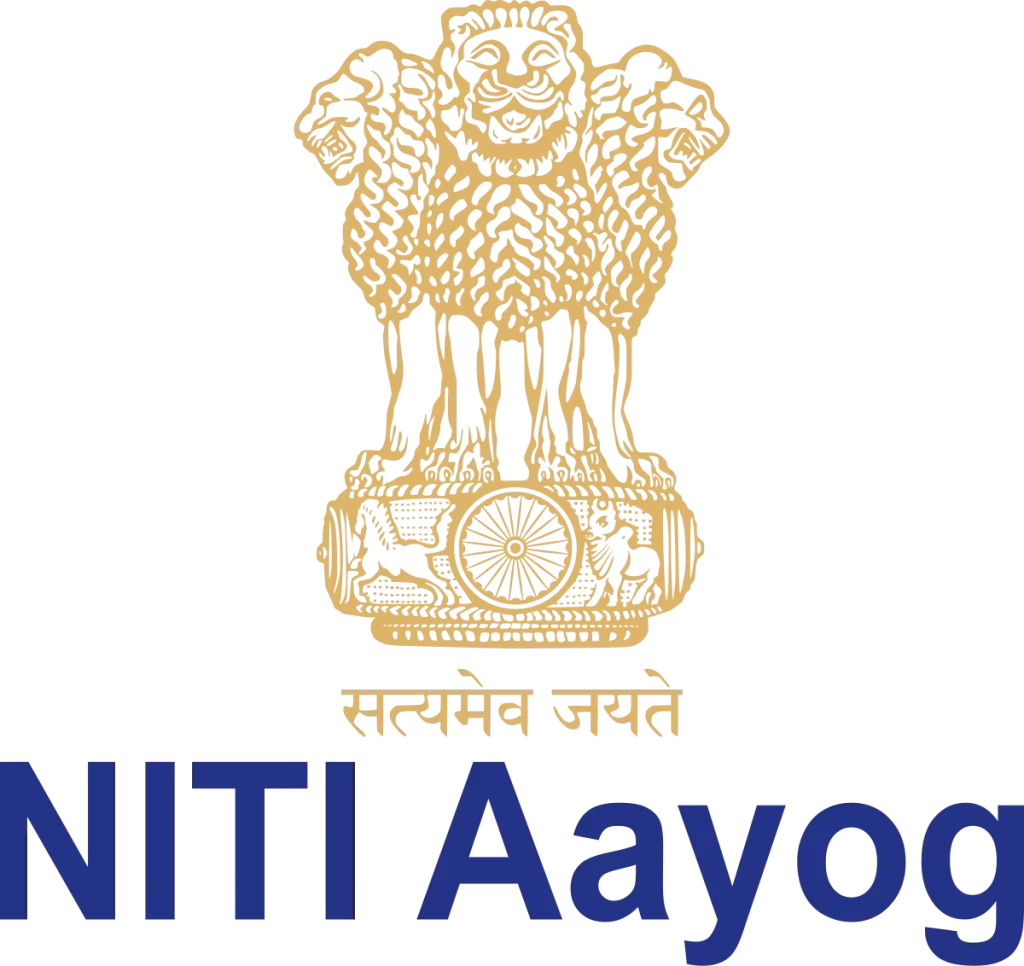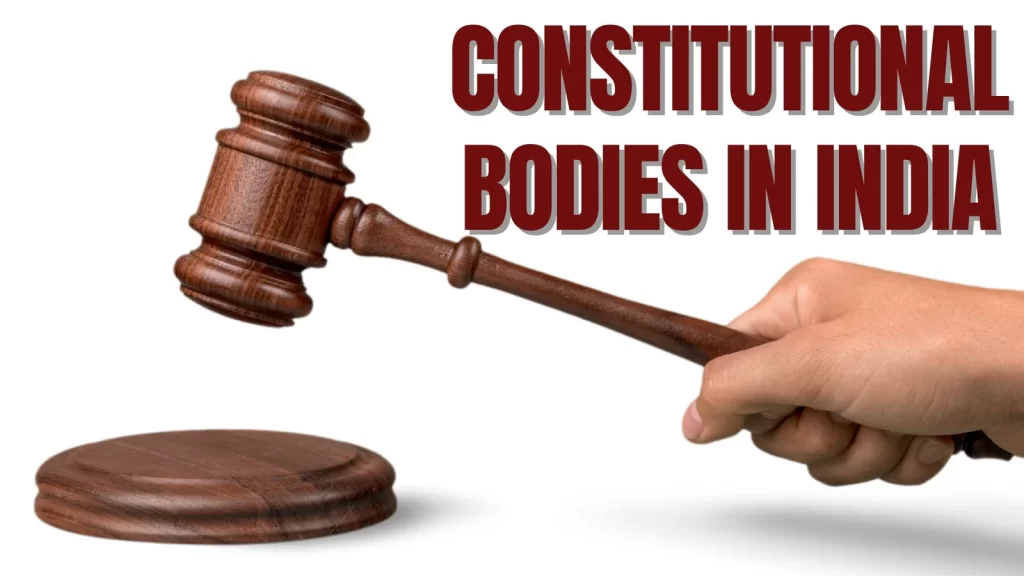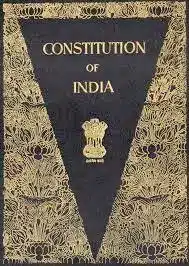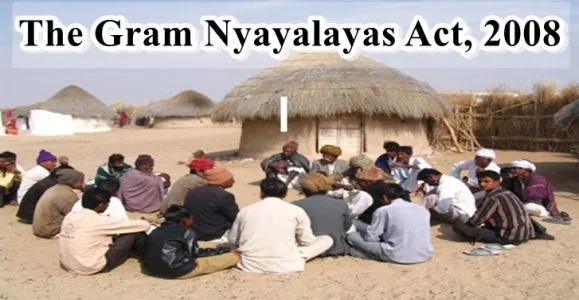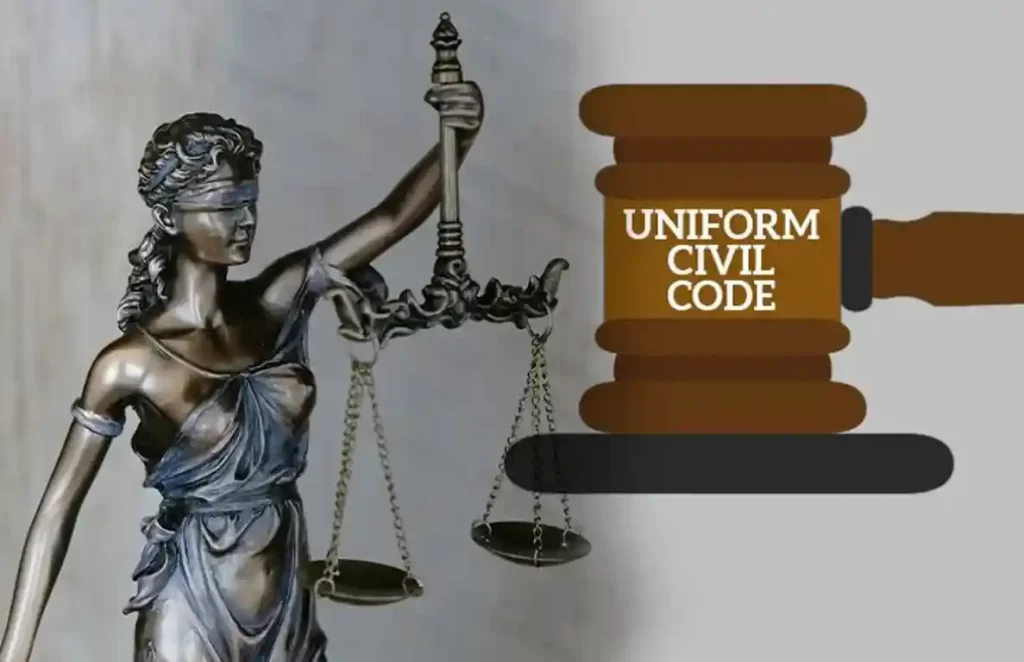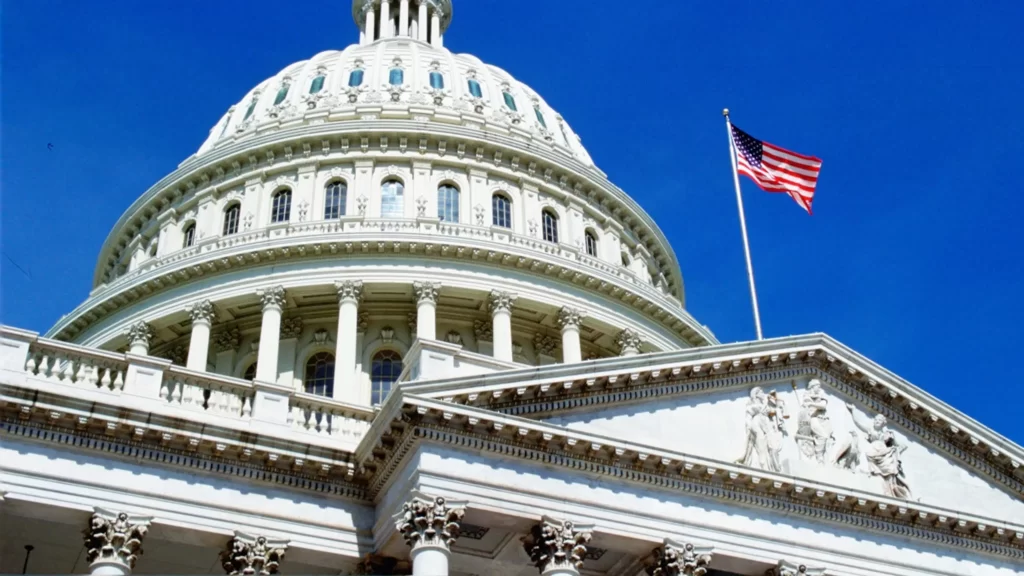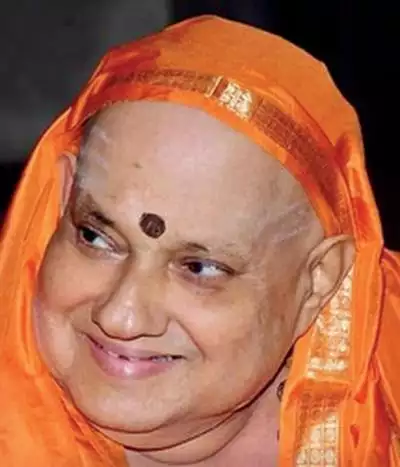Procedure Established by Law
- The “Procedure Established by Law” means that a law is duly enacted by the legislature or the concerned body is valid only if the correct procedure has been followed to the letter.
- The concept has been enshrined in Article 21 of the Indian Constitution, which states that “No person shall be deprived of his life or personal liberty except according to the procedure established by law.”
- Following this doctrine means that, a person can be deprived of his life or personal liberty according to the procedure established by law.
- So, if Parliament passes a law, then the life or personal liberty of a person can be taken off according to the provisions and procedures of that law.
- “Procedure established by law” is a phrase borrowed from Article 31 of the post world war 2 Japanese constitution.
This doctrine has a major flaw. What is it?
- It does not seek whether the laws made by Parliament is fair, just and not arbitrary.
- “Procedure established by law” means a law duly enacted is valid even if it’s contrary to principles of justice and equity.
- The strict following of the procedure established by law may raise the risk of compromise to life and personal liberty of individuals due to unjust laws made by the law-making authorities.
- It is to avoid this situation, SC stressed the importance of the due process of law.
Due Process of Law
- “Due Process of law” is found in the Fifth Amendment to the American Constitution, which guarantees that no one can be deprived of life, liberty or property without “due process of law”.
- “Due Process of Law” is a doctrine that not only checks if there is a law to deprive the life and personal liberty of a person but also ensures that the law is made fair and just.
- Under due process, it is the legal requirement that the state must respect all of the legal rights that are owed to a person and laws that states enact must conform to the laws of the land like – fairness, fundamental rights, liberty etc. It also gives the judiciary to access fundamental fairness, justice, and liberty of any legislation.
- If SC finds that any law as not fair, it will declare it as null and void. This doctrine provides for more fair treatment of individual rights.
The difference in layman’s terms is as below:
Due Process of Law = Procedure Established by Law + The procedure should be fair and just and not arbitrary.
History of Due Process of Law
Due process developed from clause 39 of the Magna Carta in England. When English and American law gradually diverged, due process was not upheld in England but did become incorporated in the Constitution of the United States.
Maneka Gandhi vs Union of India case (1978)
- In the Maneka Gandhi vs Union of India case (1978) SC held that – the ‘procedure established by law’ within the meaning of Article 21 must be ‘right and just and fair’ and ‘not arbitrary, fanciful or oppressive’ otherwise, it would be no procedure at all and the requirement of Article 21 would not be satisfied.
- Thus, the ‘procedure established by law’ has acquired the same significance in India as the ‘due process of law’ clause in America.

Difference between procedure established by law and due process of law
| The procedure established by law | Due process of law |
| It means that a law passed by the Parliament would be valid if it had undergone the proper procedure. | The due process of law theory examines not only whether an existing law takes away a person’s life and personal liberty but also examines whether the law is fair, just, and not arbitrary. |
| Originated from the British Constitution. | Originated from the Constitution of the United States. |
| Article 21 of the Indian Constitution mentions the phrase procedure established by law. | The Indian Constitution does not explicitly mention the phrase due process of law. |
| It is narrow in scope as compared to ‘due process of law’ as it does not question whether the law in question is contrary to the principles of justice and equality. | The due process of law gives wide scope to the Supreme Court to protect the rights of its citizens. It may set them void not only on the substantive grounds of being illegal but also on the procedural grounds of being unreasonable. |
| The Procedure established by law safeguards individuals from the arbitrary actions of only the executive. | The due process of law protects individuals from both arbitrary executive and legislative action. |
Also refer:
- Difference Between Fifth Schedule And Sixth Schedule
- Top 50 Science MCQs For Competitive Exams
- Know About The Different Financial Sector Regulators In India
- Leader of the Opposition in India.

